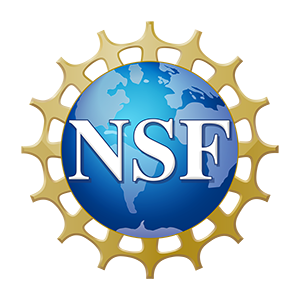Preparing STEM leaders in education
The Robert Noyce Teacher Scholarship Program provides funding to institutions of higher education to provide scholarships, stipends and programmatic support to recruit and prepare STEM majors and professional to become K-12 teachers. The program seeks to increase the number of K-12 teachers with strong STEM content knowledge who teach in high-need school districts.
Program Details
Up to $46,800 in scholarships are available for students completing STEM teacher certification requirements as an undergraduate at Texas Wesleyan University.
Who?
Juniors and seniors completing STEM teacher certifications in mathematics or science as part of their undergraduate major in mathematics or science.
What?
- $10,000 to $23,400 annual scholarship based on need for junior or senior year
- Candidates mentored by experienced STEM teachers during clinical training
- Recipients must teach for two years for each year of scholarship received in a high-need school district, such as Fort Worth ISD (up to four years of teaching service)
STEM (Science, technology, education and mathematics) degrees eligible for the grant are:
- Bachelor of Arts in Mathematics with Grades 4-8 Mathematics Certification
- Bachelor of Science in Mathematics with Grades 7-12 Mathematics Certification
- Bachelor of Arts in Biology with Grades 4-8 Science Certification
- Bachelor of Arts in Biology with Grades 7-12 Life Science Certification
- Bachelor of Science in Biology with Grades 7-12 Life Science Certification
Scholarship applications are accepted on an ongoing basis for the 2023-24 school year
A lasting impact
Hear directly from scholars and fellows about why the NSF Robert Noyce Teacher Scholarship Program is so valuable.
Next steps
Share your STEM knowledge and influence the future as a teacher! For more information, connect with a member of our team at noyce@txwes.edu. If you're ready to apply, fill out the application below!
| Online Application | Online Recommendation |
NSF Funded Project
Partnership of the Texas Wesleyan School of Education, School of Arts and Sciences and Tarrant County College. This material is based on work supported by the National Science Foundation, DUE Grant # 2243417. The opinions, findings or recommendations expressed are those of the author(s) and do not necessarily reflect the views of the National Science Foundation.








